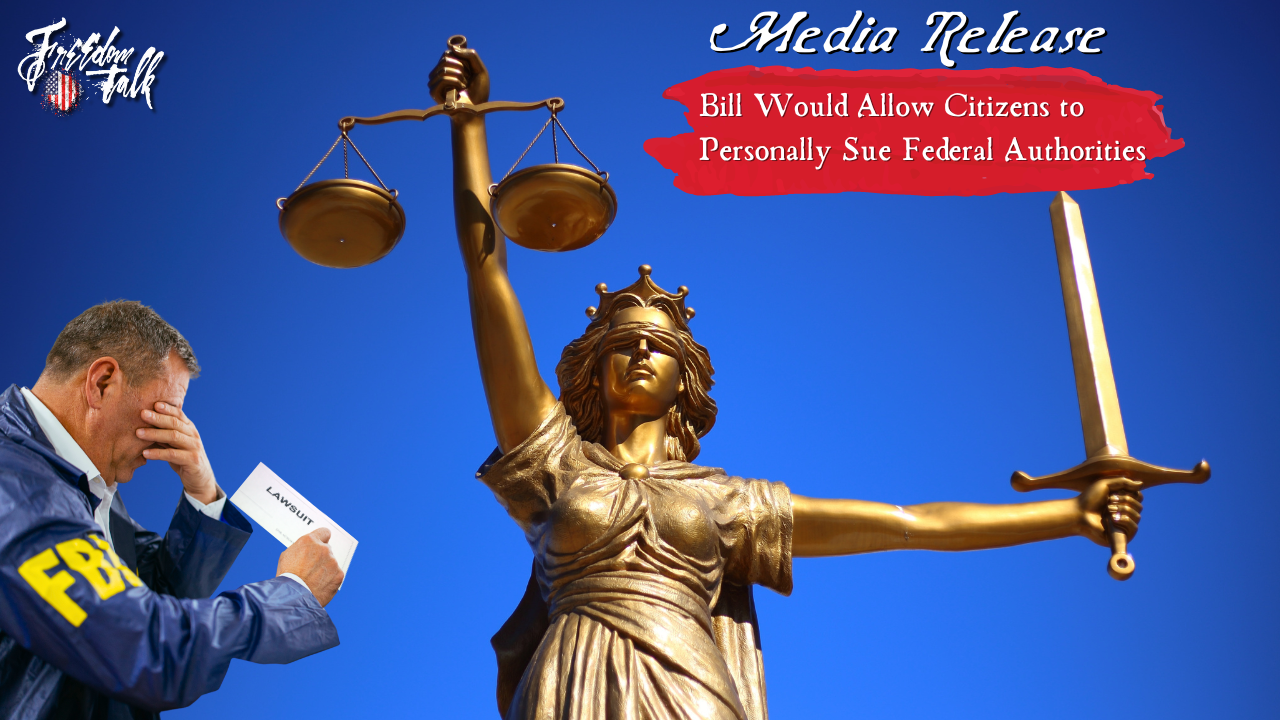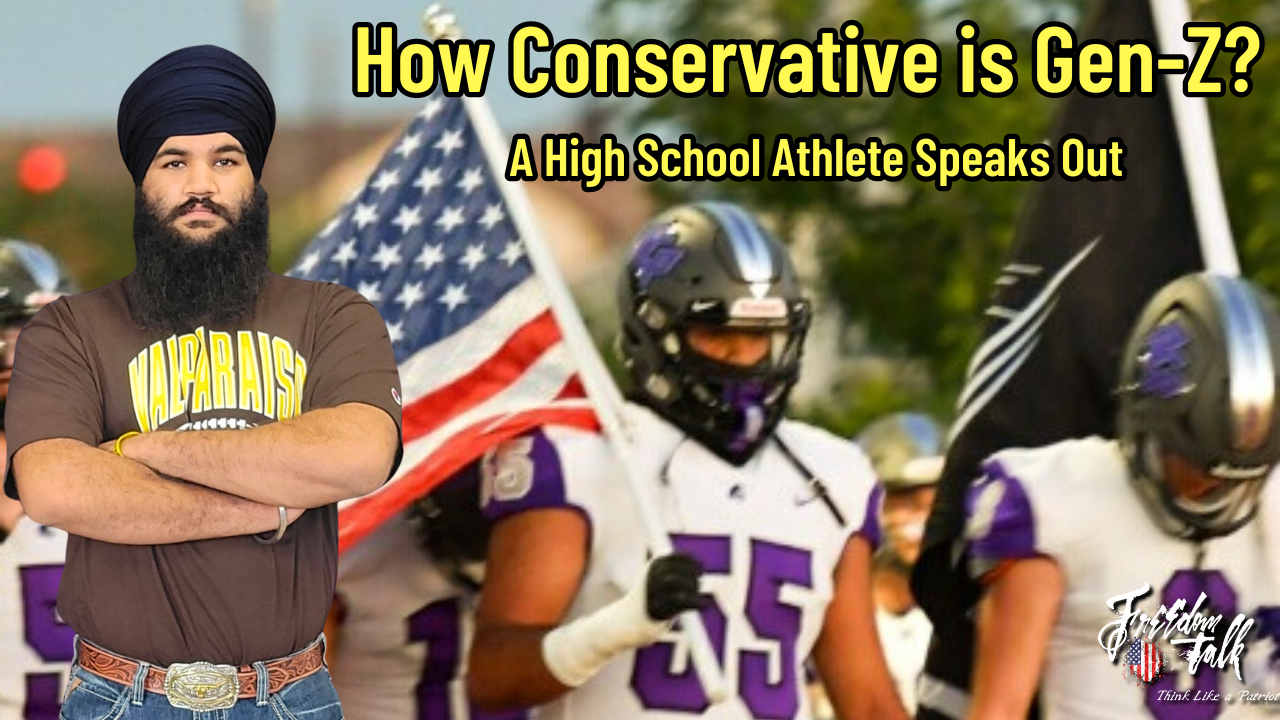Listen to the Article
When the Government Rebels Against the People, Natural Law Reigns Supreme.
America has careened away from the Rule of Law and skidded into the chaos of Rule by Law (and that one little word change makes all the difference). The government has weaponized against the People, and justice lies bleeding in the streets.
Just look at the harsh treatment of the J6 protestors, several of whom were hunted down and thrown into an American gulag without due process. Witness the blatantly lopsided lawfare against Donald J. Trump and other conservatives, while the Biden crime syndicate enjoys the protection of the corrupt DOJ and Chris Wray’s “praetorian guard.” School parents, catholics, Chinese dissidents and others are suffering under a legal system infiltrated by bribes and blackmail from the Chinese Communist Party.
“The worst form of injustice is pretended justice,” Plato asserted. Even children can understand that all of this isn’t fair. As adults, we call it a two-tiered justice system, and we know it threatens our very existence as a free republic.
But expecting to get justice from the very system that has sown the injustice to begin with is like expecting the Mexican drug cartels to assist us in the war on drugs. One can find better odds in Vegas.
Turning against the Rule of Law, on the other hand, would lead to anarchy and a breakdown of order; American society would descend deeper into chaos, giving tyrants the pretext to seize the absolute power they crave.
So, what can we, the People, do to set things right?
To understand how to move forward, we must first look back.
The Roots of Our Rights
There has been talk in recent years of a second American Revolution, a rebellion against the establishment. The first American revolution worked out pretty well at our nation’s founding, so why not now?
The American revolutionaries were not radicals or progressives, they were conservatives seeking to hold the King accountable to the Law of the Land.
The Biden administration would of course label such a thing an “insurrection.” Biden has more than once issued veiled threats against his own people, such as, “If you wanted or if you think you need to have weapons to take on the government, you need F-15s and maybe some nuclear weapons.” He has demonized half or more of the population as “MAGA extremists” and is ostensibly trying to imprison his political opponents.
The American Revolution was not, as many assume, a rebellion against the Rule of Law. The American colonists initially considered their struggle another English civil war. Theirs was a just revolution in the sense that they were seeking to return full circle back to the rule of English Common Law and the balance of power between king, parliament and the people. The American revolutionaries were not radicals or progressives, they were conservatives seeking to hold the King accountable to the Law of the Land, as they had going back to Magna Carta in 1215.

The opponents of royal power were often, in their own eyes, not progressives but conservatives, defending what they believed to be an ancient constitution against a modernizing court.
The American colonists were not rebelling against the Crown as they saw it; the King had been rebelling against the law itself and was therefore in violation of it. Unlike the oligarchies of continental Europe—rooted in Roman law whereby the rulers used the law to keep the people in line (rule BY law)—the island birthplace of the Anglosphere looked at the law very differently.
“The opponents of royal power were often, in their own eyes, not progressives but conservatives,” wrote Daniel Hannan in Inventing Freedom, “defending what they believed to be an ancient constitution against a modernizing court.”
In England, the Law of the Land was also known as the Law of the People. The law came up from the people, and it was quite literally theirs by birthright. The Law of the Land was supreme, and even the King had to submit to it. Those kings who tried to usurp the law could be replaced.
The law was a set of inherited rights that belonged to every freeman in the kingdom. The rules did not emanate from the government, but stood above it.
“The law,” wrote Hannan, “was a set of inherited rights that belonged to every freeman in the kingdom. The rules did not emanate from the government, but stood above it, binding the King as tightly as they bound the poorest ceorl. If the monarch didn’t uphold the ancient laws and customs of his realm, he could be replaced.”
The Rule of Law did not mean that the King, the nobles, the wealthy and the powerful could wield statutes, orders, mandates as weapons against the people. It meant that even the lowest of society had recourse to bring a complaint against anyone who wronged them. And if the king or anyone else brought an accusation against a citizen, that individual was entitled to the presumption of innocence. It was not so in Continental Europe under Roman law, where the accused had the burden of “proving” their innocence.
Legal complaints were to be brought before a judge or magistrate, whose responsibility it was to impartially adjudicate the matter. The litigants were “adversaries,” and the accuser had the burden of proof to establish their claim beyond a reasonable doubt.
Of course, these principles of justice evolved and grew over time, and imperfect humans do not always meet the ideals of justice. But Common Law was, as Hannon points out, “distilled into its purest and most sublime form in the U.S. Constitution.”
The law came up from the people, not down from the government.
Nevertheless, the English-speaking peoples had a vibrant and profound sense of natural rights, granted by God, as well as an expectation that the law restrained those in positions of power. That Heritage of Freedom had its roots in Germanic tribal cultures even before these Angles, Saxons and others migrated to the British Isles.
The American colonists, most of whom considered themselves British citizens, declared their independence because they believed King George III’s administration was in sustained rebellion against the established Rule of Law!
Long before even considering taking up arms, those with the skills to do so attempted to gain recourse through the English courts. A major contention prior to the signing of the Declaration of Independence owed to the fact that a number of delegates still believed there was a chance of resolving their grievances through the legal system. Some believed till the very end that the Rule of Law could prevail. Those who understood history and human nature believed otherwise.
To them it became clear that the government had been usurping the Rule of Law and violating Natural Law, and so they declared “to a candid world” that “The history of the present King of Great Britain is a history of repeated injuries and usurpations, all having in direct object the establishment of an absolute Tyranny over these States…He has refused his Assent to Laws, the most wholesome and necessary for the public good.”
The Founding Fathers drew on well established precedent to invoke the ultimate authority of “the Laws of Nature and Nature’s God” and renounce the authority of the King and his government. Whether or not the British government considered it treason, they had the right to do so.
“Our rulers can have authority over such natural rights only as we have submitted to them,” wrote Thomas Jefferson. “We are answerable for them to our God.”
Where We Are Today
We find ourselves in the same predicament today—yet in many ways our present reality is even worse. The Declaration of Independence, the Constitution and the Bill of Rights drew heavily on the English Constitution, which was unwritten, but understood. Those ruling by law in America today openly defy the Constitution; they look upon the Bill of Rights with utter contempt. Take for example how New Jersey Governor Phil Murphy, responded when Tucker Carlson questioned his oppressive covid lockdown orders.

It is manifestly evident that the American people are suffering under a Department of Justice that has been weaponized against them.
“By what authority did you nullify the Bill of Rights in issuing this order? How do you have the power to do that?” queried Tucker.
“That’s above my pay grade, Tucker,” Murphy replied with a creepy, toothy smile. “I wasn’t thinking of the Bill of Rights when we did this.”
No, Governor Murphy. Protecting the Bill of Rights is in your job description; you swore to protect it.
It is manifestly evident that the American people are suffering under a Department of Justice that has been weaponized against them; a two-tiered legal system; preferential treatment for those with money and power; legislation and activism from the bench; political persecution of Supreme Court justices by the Left; and so on.
So, what do we do about it?
“If the temporary masters of the state are unjust—that is, if they act contrary to the law of nature—men possessing right reason are under no moral obligation to obey them.” Cicero
There is a way to fight back that “resets” Rule of Law, repudiates Rule by Law, and upholds order in society. It’s been done before, and we can do it again.
It is past time for freedom-loving Americans to embrace Natural Law and place it above the corrupt, abuse and usurpation of the Law of the Land—the Law that belongs to We the People. That Law has been our heritage and the safeguard of our liberty for many centuries. It borrows from a progression of human development and moral virtue, drawing on Hebrew, Greek, Roman and Christian ideas.
Among the brighter lights of the development of justice, the Roman statesman Cicero shone brightly. A brilliant, incredibly persuasive orator, he established a number of principles that still reverberate in British Common Law, as well as the American legal system.

Cicero taught that Natural Law (or Divine Law) is supreme. It is the standard under which all earthly legal systems must themselves be judged. And while this higher law is not customarily exercised directly in day-to-day practice, there are occasions when it provides protection against abuse.
This is explained with consummate skill in Russell Kirk’s The Roots of American Order.
The Supreme law comes from God, Cicero wrote in his Laws. It originated before “any written law existed or any state had been established.” The crowd defines laws as written decrees, commanding or prohibiting; but the crowd errs. Learned men know that “Law is the highest reason, implanted in Nature, which commands what ought to be done and forbids the opposite. This reason, when firmly fixed and fully developed in the human mind, is Law…Law is a natural force; it is the mind and reason of the intelligent man, the standard by which Justice and Injustice are measured.” Law, then, at base is a knowledge of the ethical norms for the human being.
If indeed true law is the right reason of the intelligent man, a divine gift, it must follow that the law of man’s nature is superior to the jus civile or the jus gentium, superior to the praetor’s edict, superior to the commands of Caesar or Antony. The law of the state ought to be consonant with the law of nature; one may appeal from the injustice of governors to the eternal law of ethical truth.
Now Marcus Tullius Cicero, so strongly attached to tradition and precedent, a man of constitutionality and order, was not arguing that we ought to challenge every customary or statutory law on the degree of its conformity to natural law. On the contrary, ordinary human laws are the means—however imperfect—by which we express our understanding of the enduring moral law. The natural law is not a fixed code in opposition to the law of the state…Yet in times of sharp crisis, the true legality of governors may be tested by repairing to the law of nature. If a dictator, like Caesar—or a body of oligarchs, like the First and Second Triumvirates against which Cicero Contended—has flouted or overthrown the constitution of a state, then their decrees do not have the moral force of true law. If the temporary masters of the state are unjust—that is, if they act contrary to the law of nature—men possessing right reason are under no moral obligation to obey them…Between virtue and power, a tension exists always; and even should power be endorsed by a temporary majority, virtue ought not to yield.
Cicero was anything but a revolutionary. The doctrine of natural law, nonetheless, would be embraced in later centuries by men bent upon overthrowing an established political order; thus the signers of the American Declaration of Independence appealed to “Nature, and Nature’s God.” Ordinarily, magistrates employ concepts of the natural law to humanize, modernize, and harmonize an established body of customary law and positive legislation: the natural law is an instrument for progress, not a weapon of revolution.
When an entrenched order, for all that, has ceased to recognize in its positive laws the claims of a minority or even of a majority, then those in opposition will appeal to the moral law, the law of right reason, the law of man’s nature, the source of justice. And with the natural law as their apology, the opposition may [even] take up arms.
The People’s Remedy to a Judicial System Gone Rogue
Yet, Cicero recognized that there would be times when men would need to appeal to that higher Natural Law and stand firmly upon that foundation.
He had, as did 18th-Century philosopher John Locke and our Founding Fathers, a keen understanding of human nature and a healthy distrust of the temptations of power.
We can and must, en masse, become dissidents against the abuse of power and practice the age-old art of defiance.
When the rulers and the judges, the rich and the powerful appropriate the law that belongs to the People, they have broken the Social Contract whereby we consent to allow them to govern us. If we continue to follow them into their lawlessness, we ourselves shirk our sacred duty to uphold Divine Law.
We can and must, en masse, become dissidents against the abuse of power and practice the age-old art of defiance.
It is not our right; it is our duty. We are the custodians of the Law of the Land. Natural Law belongs to us as a birthright.
Walking the Talk
So, what am I personally going to do about it? How am I going to apply what I call “Righteous Defiance” to real-life lawfare and my family against me as a free citizen?
I am going to defy the abusive lawfare, appeal to a higher standard, and stand tall like a rooted oak tree planted in the rich soil of Natural Law. In Part 2 of this series, I will expand upon the practice of applying Natural Law during time of crisis, and how it is inherently self-regulating against anarchy. Invoking natural law in a crisis is not antinomian (lawless), it is the ultimate check against the abuse of true justice and the expression of self-governance under the Highest Law.
Am I rebelling against the government? No. Much to the contrary. This government has rebelled against me and against the People.
The time for civil disobedience is now.
 Kelly John Walker is an American statesman, senior writer, and entrepreneur. He is Founder of FreedomTalk, Host of FreedomTalkTV, and a freelance writer published in The Washington Times, Gateway Pundit, The Epoch Times, George Magazine, Andrew Magazine, Townhall, and more. Kelly holds a BA in English & Theology, and a Master of Science degree on a graduate fellowship with the US Department of Defense. He had a distinguished career as a conservation professional before founding two award-winning advertising agencies.
Kelly John Walker is an American statesman, senior writer, and entrepreneur. He is Founder of FreedomTalk, Host of FreedomTalkTV, and a freelance writer published in The Washington Times, Gateway Pundit, The Epoch Times, George Magazine, Andrew Magazine, Townhall, and more. Kelly holds a BA in English & Theology, and a Master of Science degree on a graduate fellowship with the US Department of Defense. He had a distinguished career as a conservation professional before founding two award-winning advertising agencies.
His newest project is the “Fathering in a World Gone Mad” series featuring Eric Metaxas, Victor Marx, Sheriff Mark Lamb, Clay Clark, and more.








